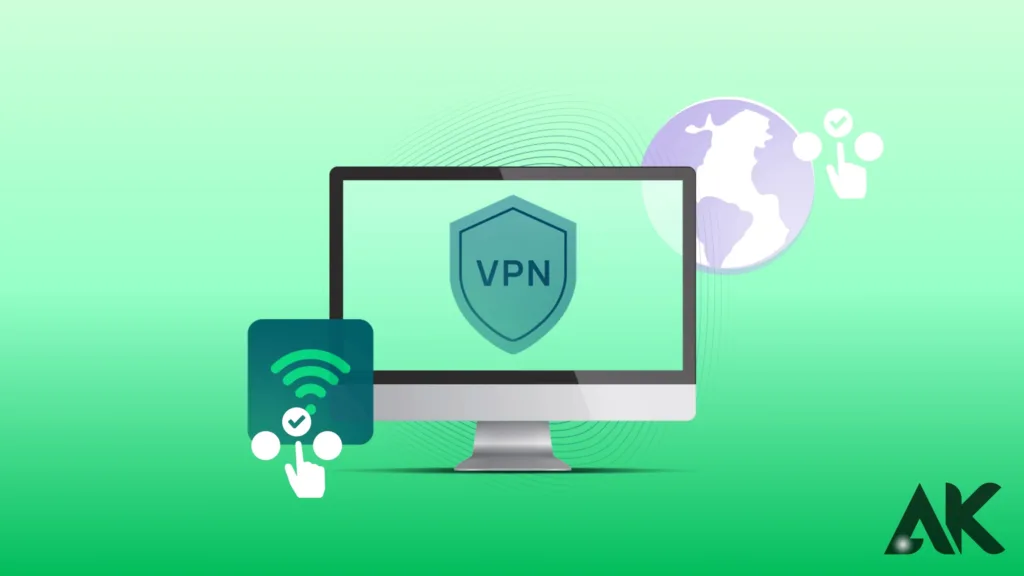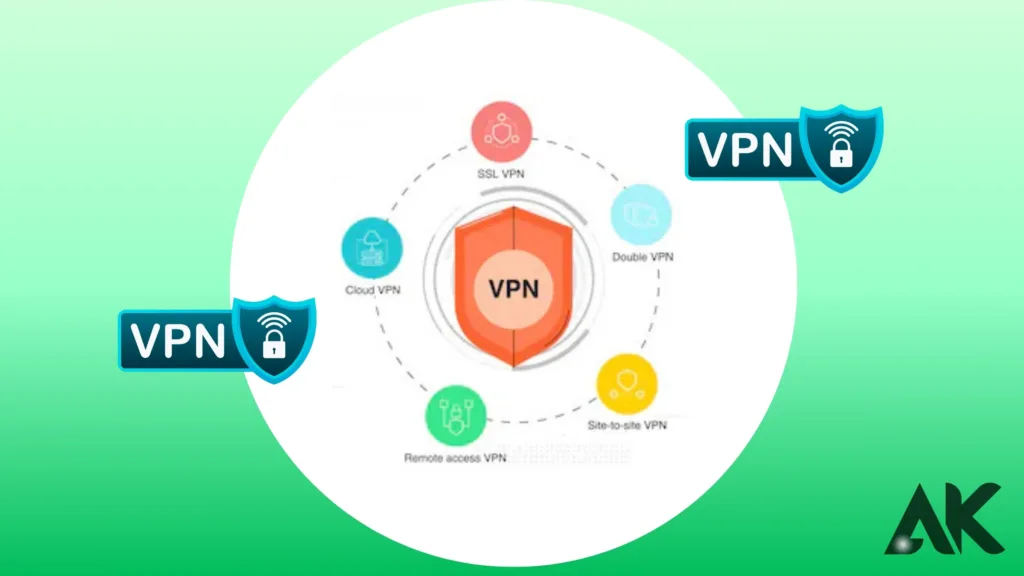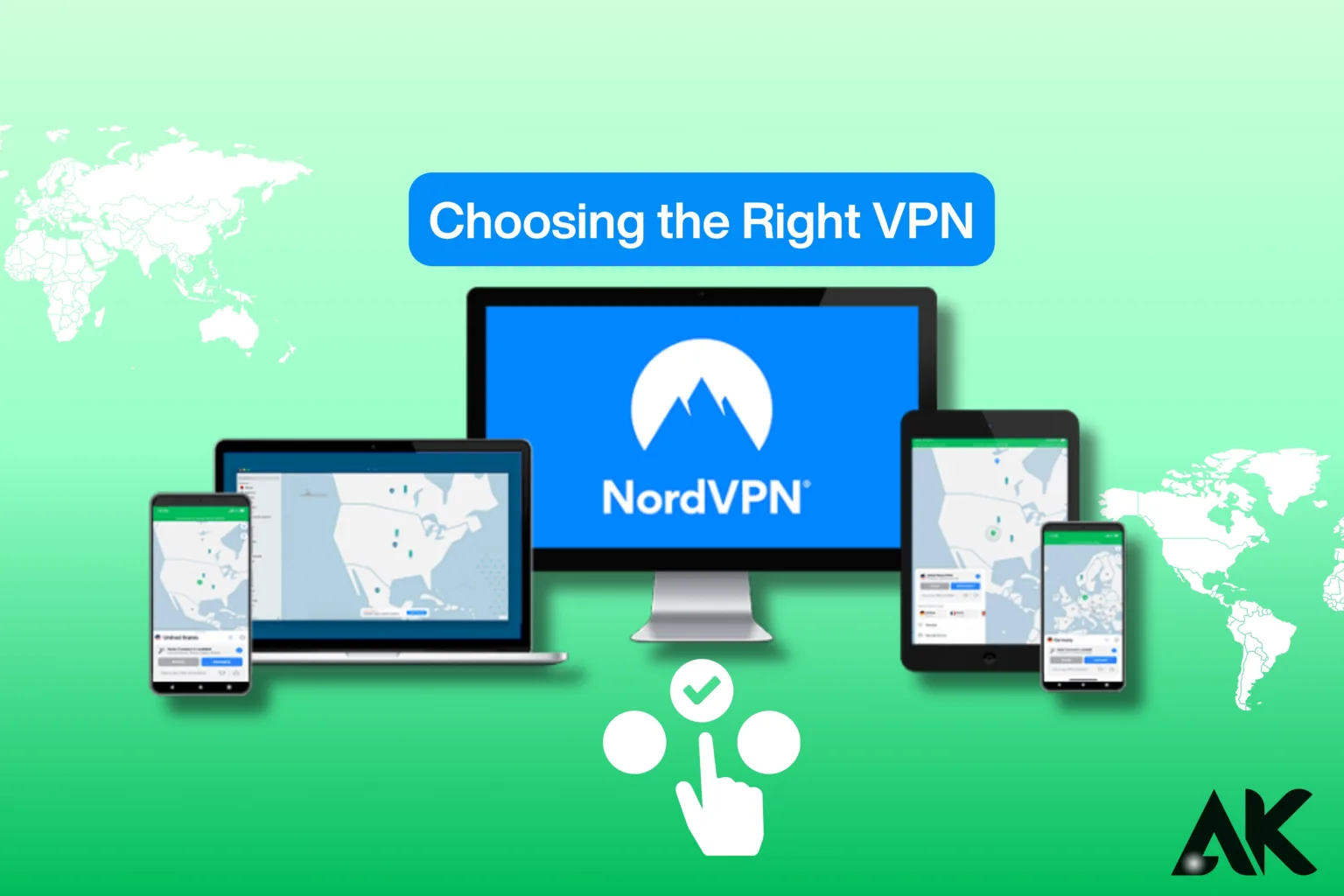Difference between VPN types Protecting your online activity is more crucial than ever in the modern digital world. A virtual private network (VPN) can offer the protection and adaptability you require whether you’re working remotely, browsing the internet, or accessing banned content. However, did you know that there are various kinds of VPNs, each with a distinct function? Comprehending these kinds of issues can significantly affect the security of your information and the smoothness of your web encounter. To assist you in making an informed decision, this article examines the various VPN kinds and their advantages.
Selecting the ideal VPN is similar to selecting the ideal equipment for a task. It’s easy to feel overpowered by the abundance of options available, ranging from [cloud VPNs] to [remote access VPNs]. It’s important to understand how to match each type to your needs because they each have special benefits and characteristics. Let’s explore VPNs to find out how they operate and which one is best for you.
What is a VPN?

The technology known as a virtual private network, or VPN, creates a secret and secure connection between your device and the internet. It encrypts your data, hides your IP address, and directs traffic via secure servers. This guarantees that hackers, ISPs, and even government monitoring won’t be able to access your online activity. In essence, a VPN protects your private data from prying eyes by functioning as a digital shield.
A VPN’s primary functions are to provide security, anonymity, and access to content that is forbidden. A VPN can improve your experience whether you’re working from a distance, watching geo-blocked content, or just browsing. However, not all VPNs are made equal, and knowing the differences between the various kinds might help you get the most out of them.
Importance of Choosing the Right VPN

Finding the most affordable or well-liked VPN isn’t the only consideration. It all comes down to tailoring the VPN’s features to your own needs. For example, a [mobile VPN] would be your best option if you travel frequently, whereas a [site-to-site VPN] might be more advantageous for a business owner. Making the incorrect decision may result in security threats, compatibility problems, or sluggish speeds.
Selecting the incorrect VPN could restrict your access to the services you’re attempting to use or expose your data to risks. For this reason, it’s critical to comprehend the many kinds of VPNs and their advantages. It guarantees that you stay safe online and maximize your investment.
Types of VPNs

Remote Access VPN
Customers who need to safely connect to a private network from a distance can utilize a [Remote Access VPN]. Employees who work from home or vacationers who want to access company networks frequently use it. With this kind of VPN, users can safely access files, emails, and apps and encrypt their data just like they would if they were in the office.
Freelancers and remote workers frequently choose [Remote Access VPNs] due to their convenience. They provide the ideal ratio of security and usability thanks to their strong encryption methods and intuitive user interfaces. Large-scale business networks, on the other hand, may need a more reliable solution, such as site-to-site VPNs; thus, they are not the best option.
Site-to-Site VPN
Because it can link complete networks, a [site-to-site VPN] is a beneficial option for companies with several office locations. Establishing encrypted tunnels between them permits safe communication between several branches. This guarantees the risk-free sharing of private company information.
Despite being more difficult to set up, site-to-site VPNs have indisputable advantages for enterprises. They simplify processes and improve security by doing away with the requirement for separate VPN connections for every user. This kind of VPN is essential for businesses handling substantial volumes of sensitive data.
Mobile VPN
[Mobile VPNs] are made for customers who are constantly on the go and are compatible with devices like tablets and smartphones. Even when you move between networks, like from Wi-Fi to mobile data, they guarantee a smooth connection. They are therefore perfect for professionals who depend on mobile devices for business and frequent travellers.
One of [mobile VPNs’] biggest advantages is their versatility. No matter where you are, they consistently deliver performance and security. They are best suited for simple operations like browsing and streaming, though, as they do not have as many capabilities as other VPN types.
Cloud VPN
Companies and people who depend on cloud-based apps and services would greatly benefit from a [cloud VPN]. Without requiring actual hardware, it offers safe access to cloud resources. It is therefore a scalable and adaptable answer to contemporary computing requirements.
[Cloud VPNs] have become popular as remote work and cloud computing have expanded. They provide a hassle-free method of data protection and are simple to implement and maintain. They might not be the greatest option, though, for people who need a more conventional VPN configuration.
Benefits of Using VPNs
Enhanced Security
The increased security that a VPN provides is one of its main advantages. Advanced encryption algorithms are used by VPNs to shield your data from online dangers like harmful malware and hackers. A VPN makes sure that your data is safe and unreadable by unauthorized parties, regardless of whether you’re using a public Wi-Fi network or viewing private data. Businesses and individuals who conduct financial transactions or private discussions online should pay particular attention to this.
A VPN also shields you against identity theft and data breaches by encrypting your internet traffic. For instance, encryption keeps information from being intercepted when you input your credit card number or login credentials. Because of their strong security, VPNs are a vital tool for protecting your online activities.
Privacy Protection
VPNs are a powerful tool for protecting your privacy online. By hiding your IP address, a VPN ensures that your online activities cannot be traced back to you. This is particularly useful in an era where internet service providers (ISPs) and websites track your browsing behaviour to sell data or target you with ads. With a VPN, your location and identity remain anonymous, giving you peace of mind as you browse.
Additionally, VPNs allow you to bypass intrusive government surveillance or censorship in certain regions. If you’re concerned about privacy, using a VPN can help you maintain control over your personal information. It’s like wearing an invisibility cloak for your online presence, shielding you from prying eyes.
Bypassing Geo-Restrictions
Getting around geo-restrictions to access content that isn’t available in your area is one of the most common uses of VPNs. For example, even if Netflix, Hulu, or Spotify are blocked in your region, you may still use a VPN to access music, movies, or television series from these services. By enabling you to connect to servers located in several regions, a VPN creates the illusion that you are accessing the internet from a different location.
Gamers who wish to play on foreign servers or access titles that aren’t available in their local country will also find this option useful. A VPN is essential for everyone interested in entertainment and gaming since it allows you to access content from around the world without any limitations.
Factors to Consider When Choosing a VPN
Your primary concern when choosing a VPN should be security. To make sure your data is protected from hackers and other online dangers, look for a VPN service that use robust encryption techniques like AES-256. Maintaining privacy also requires features like a no-logs policy, which ensures that your online activities are not recorded. Your online experience is further protected by further security features like DNS leak protection, which makes sure your data doesn’t inadvertently go past the VPN tunnel, and a kill switch, which cuts off your internet if the VPN connection stops.
Performance and quickness are also important factors. High-speed servers with little effect on your connection are what a decent VPN should provide. This is particularly crucial if you intend to stream, play games, or download big files over the VPN. To guarantee reliable performance, look for VPN companies with a large selection of server locations and limitless bandwidth. You may check if the VPN service satisfies your speed needs without any disruptions by testing it during busy times.
How to Set Up a VPN
It’s easier than you would think to set up a VPN. To begin, take these actions:
- Select a VPN Service Provider: Choose a VPN provider based on your needs after doing some research. Create an account and, if required, select a subscription plan.
- Get the app here: To get the VPN app for your smartphone, go to the provider’s website or app store.
- Install and open the application: After installing the app, launch it and enter your login information.
- Choose a Server Location: Select a server according to your requirements, such as one in a particular nation or area.
- Establish a VPN connection: To create a secure connection, click the connect button. After connecting, the VPN will encrypt and route your internet traffic.
The majority of VPN companies include comprehensive instructions and customer support to assist in resolving typical issues.
Conclusion
Difference between VPN types Selecting a suitable VPN is crucial for protecting your online activity, maintaining your privacy, and improving your internet experience. Knowing the distinctions between VPN kinds and the elements that affect your choice is essential given the abundance of options available. It’s crucial to match your needs with the capabilities that the VPN provider offers, no matter whether you’re searching for one to protect your personal information, get around geographic limits, or enhance your connection for streaming or gaming.
While accounting for other features like server locations and device compatibility, security, performance, and dependability should always come first. Purchasing the appropriate VPN gives you command over your online persona and delivers a more secure, adaptable, and safe online experience.
FAQ
Q1: What differentiates the various kinds of VPNs?
VPN kinds differ according to their intended usage, including mobile compatibility, business networks, and individual use. Every variety has special qualities suited to particular requirements.
Q2: Which kind of VPN is ideal for companies?
Because they facilitate communication and securely link several office sites, site-to-site VPNs are perfect for organizations.
Q3: Are free VPNs trustworthy?
Although they might provide rudimentary features, free VPNs can have drawbacks like slower connections and privacy threats. In general, paid VPNs are safer and more dependable.
Q4: Can internet speed be increased with a VPN?
Although VPNs can occasionally get around ISP bandwidth throttling, their encryption usually results in a modest speed decrease.

